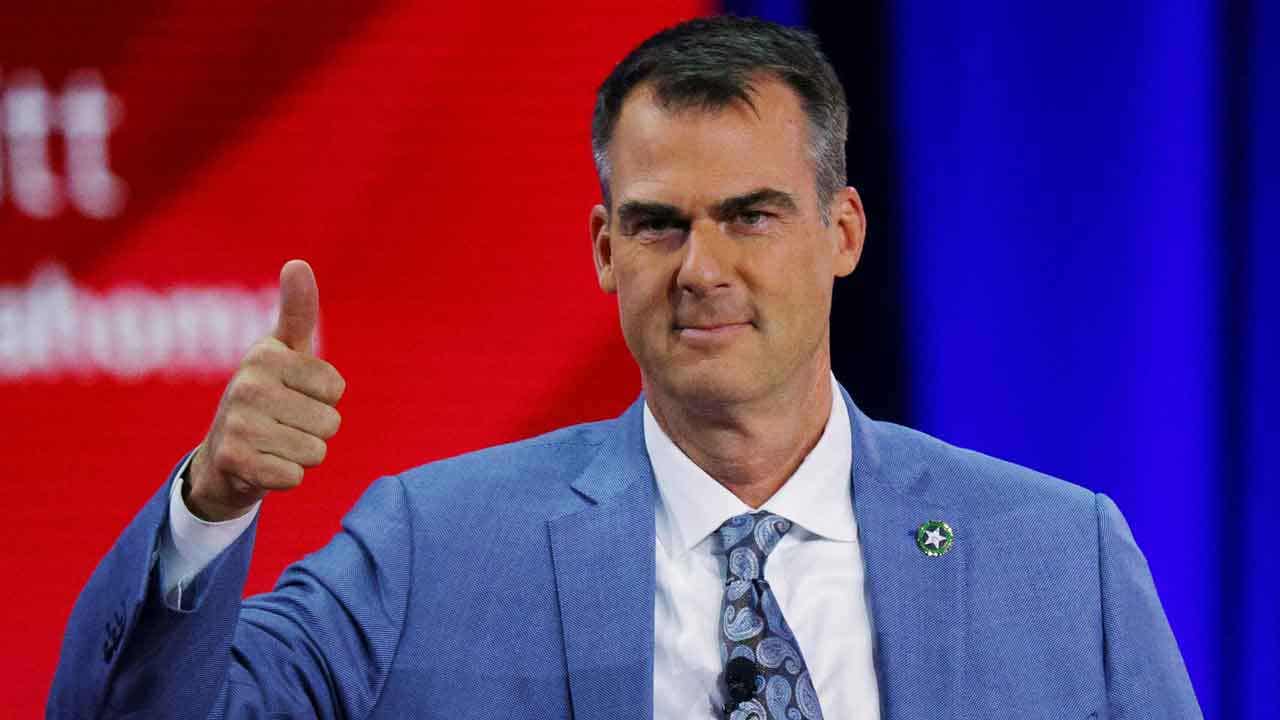That is the big lie of PBS. The contradictory claims that they really get this tiny fraction of their money from taxes, but that the government funding is so really important and it wouldn't exist without it.
Some individual PBS stations get extensive government funding, while some do not. The statements you hear are almost always about PBS or NPR as a networks, not individual stations. And it's important to listen for that term "federal funding," as we're talking here about state funding.
Here's an example which I don't know if it's still accurate, but it was when I heard it several years ago. UNC-TV in North Carolina got direct funding for all of its "nuts and bolts" expenses from the state. So, transmitters, studios, actual physical hardware needed to go on the air. And it was expected to provide services to other state government agencies through its network, whether that was in the form of tower space or datacasting services or whatever. And as a result, there are parts of the state where UNC-TV is the only TV you're likely to receive. But UNC-TV received no funding from the state for programming; all programming was viewer supported, not paid for by the state.
I wouldn't be surprised if OETA were similar (though I certainly don't know). The towers and other equipment would be paid for in part or in whole by the state, and those resources used in multiple ways, like for tower space and datacasting as noted above. There are definitely parts of the state where only OETA has service. And then other costs would be born by viewers. I suspect this, in part, since the state had the ability to literally shut the network down; that implies a high level of control by the state.
Alternately, Virginia's PBS stations lost funding some years back. The most rural stations ended up going off the air and being sold in the Incentive Auction. The others are still around in various states of operation, some were able to sell things in the Incentive Auction and made a mint, and others were not.
- Trip





